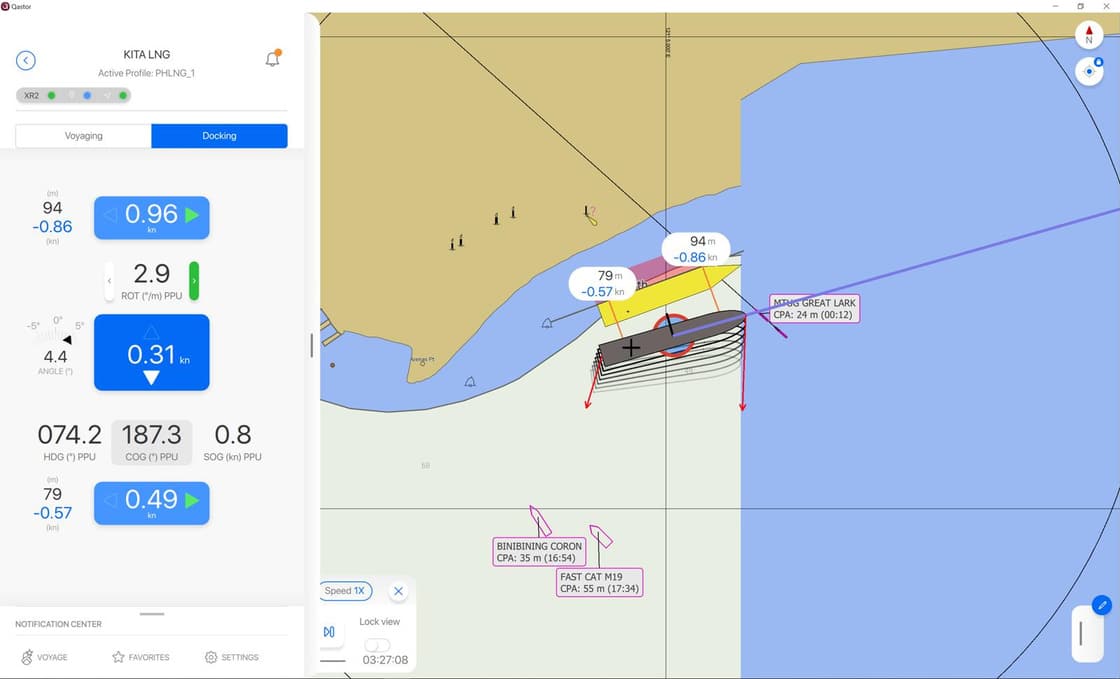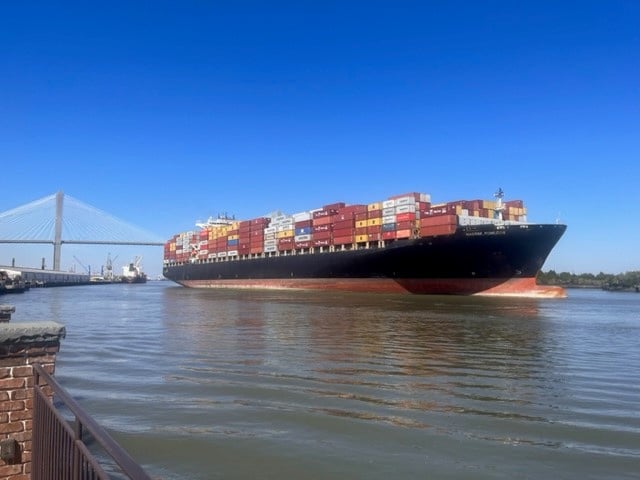Abstract: Maritime technology has been pivotal throughout history, connecting nations, enabling trade, and shaping economies. Today, it continues to play a vital role in global trade, economic growth, environmental stewardship, and national security. This white paper explores the multifaceted significance of maritime technology in the contemporary era, highlighting its impact on global trade, economic prosperity, sustainable shipping, maritime security, and the emergence of autonomous vessels.
1.Introduction
Historical Perspective: Maritime technology has played a pivotal role throughout human history, connecting civilizations, facilitating trade, and enabling exploration. From the earliest seafaring vessels to the modern giants of international shipping, maritime technology has been a driving force in shaping the course of human civilization.
Significance of Maritime Technology Today: In the contemporary era, maritime technology continues to be of paramount importance, as it underpins global trade, fosters economic growth, promotes environmental stewardship, and safeguards national security. This white paper delves into each of these aspects, shedding light on the indispensable role played by maritime technology.
Purpose and Scope of the White Paper: The purpose of this white paper is to provide a comprehensive overview of the crucial importance of maritime technology in the modern world. It explores how maritime technology impacts various facets of society, from the global economy to environmental sustainability, and from national defense to technological innovation.
2.Facilitating Global Trade
The Dominance of Maritime Trade: This section highlights the overwhelming reliance on maritime transport for global trade, emphasizing the statistics that reveal how approximately 90% of world trade is conducted via international shipping. It discusses the historical evolution of maritime trade and the pivotal role played by maritime technology in this context.
Technological Advancements in International Shipping: This section delves into the technological innovations that have transformed international shipping, including advanced navigation systems, efficient engines, and logistics solutions. It outlines the impact of these advancements on transportation costs, speed, and reliability.
Impact on Global Supply Chains: Here, we explore how the efficient transportation of goods by sea has contributed to the development and growth of international supply chains. The section examines how maritime technology has reduced trade barriers and increased access to goods and services worldwide.
3.Enabling Economic Growth
Coastal Regions and Port Cities as Economic Hubs: This section discusses the historical significance of coastal regions and port cities as centers of economic activity. It explains how maritime technology continues to promote economic growth in these areas.
Modern Infrastructure and Efficiency: Here, we delve into the critical role of modern maritime infrastructure, including ports, harbors, and shipyards. We explore how technological advancements have streamlined operations, enhanced economic efficiency, and boosted economic growth.
Technological Advancements in Ports and Shipyards: This section provides specific examples of technological advancements in port management, container terminals, and cargo handling systems. It underscores how these innovations have improved the efficiency of maritime operations.
4.Sustainable Shipping and Environmental Stewardship
Environmental Concerns in Maritime Industry: This section highlights the growing environmental concerns related to the maritime industry, including air and water pollution, greenhouse gas emissions, and the impact on marine ecosystems.
Technological Solutions for Sustainable Shipping: Here, we explore the emerging technologies and practices aimed at reducing the environmental footprint of shipping. This includes advanced hull designs, alternative fuels, and emission-reduction technologies.
Mitigating Environmental Footprint: This section discusses the practical implications of green technologies in achieving sustainable shipping practices and contributing to global efforts to combat climate change.
5.Maritime Security and Defence
Importance of Maritime Security: This section underscores the critical role of maritime technology in safeguarding national security interests, securing maritime borders, and countering threats such as piracy, smuggling, and illicit activities at sea.
Naval Technologies for National Security: We delve into the state-of-the-art technologies employed by navies worldwide, including advanced vessels, surveillance systems, radar, and sonar technologies.
Surveillance Systems and Response Capabilities: This section explores how maritime domain awareness, enabled by advanced surveillance systems, enhances response times to potential threats and emergencies, ultimately promoting regional stability.
6.Advancements in Autonomous Shipping
The Emergence of Autonomous Vessels: This section discusses the rise of autonomous and remotely operated vessels, outlining their potential to revolutionize the shipping industry.
Benefits of Autonomy in Shipping: We explore the advantages of autonomous shipping, including cost reduction, route optimization, and improved safety through the elimination of human error.
Integration of AI and Machine Learning: This section highlights the role of artificial intelligence and machine learning algorithms in enhancing the performance and decision-making capabilities of autonomous vessels.
7.Conclusion
Recap of Maritime Technology’s Significance: In the conclusion, we summarize the critical importance of maritime technology in the modern world, emphasizing its role in global prosperity, sustainable development, national security, and technological innovation.
The Path Forward: Investment in Research and Development: We discuss the need for continued investment in research and development to further advance maritime technology. This includes promoting innovation in sustainable shipping practices and the integration of autonomous vessels into the industry.
Ensuring a Sustainable and Prosperous Future: In closing, we stress the importance of recognizing maritime technology as a cornerstone of our interconnected world, and we highlight its potential to contribute to a sustainable and prosperous future for both the maritime industry and the global community.
This white paper, authored by Capt. Henry Fatiaki of MARPAC SOLUTIONS PTY LTD, serves as a comprehensive resource for understanding the pivotal role of maritime technology in the modern era. It underscores the need for ongoing innovation and collaboration to address the challenges and opportunities presented by the maritime industry in the 21st century.

